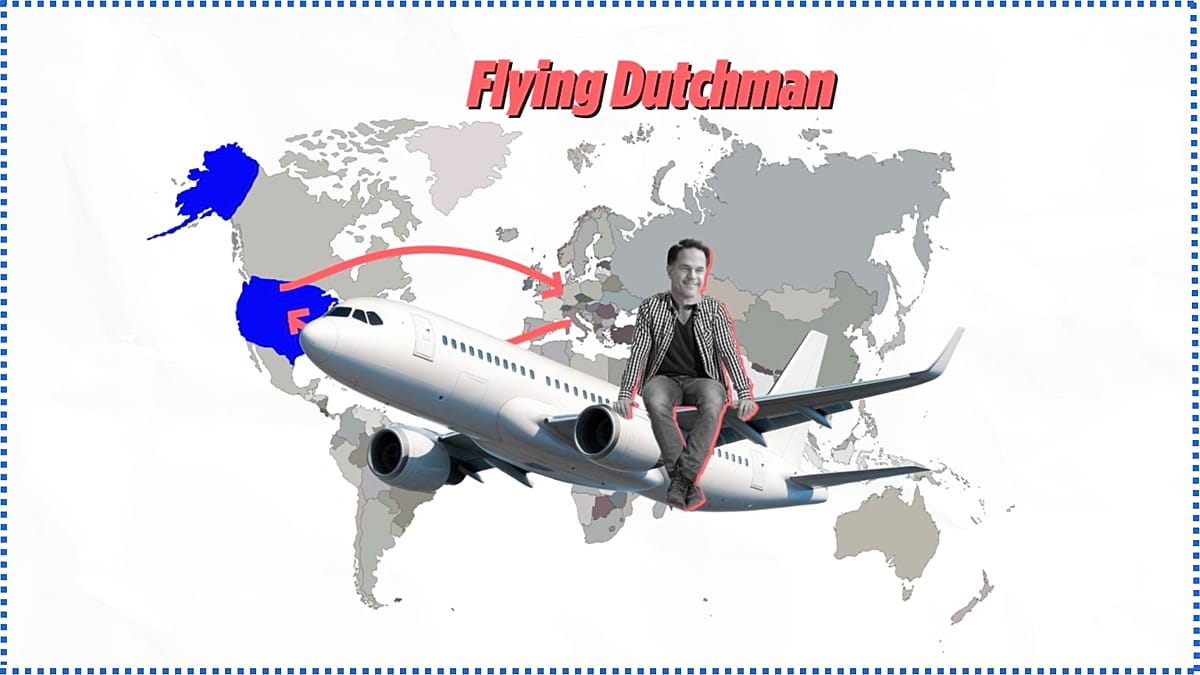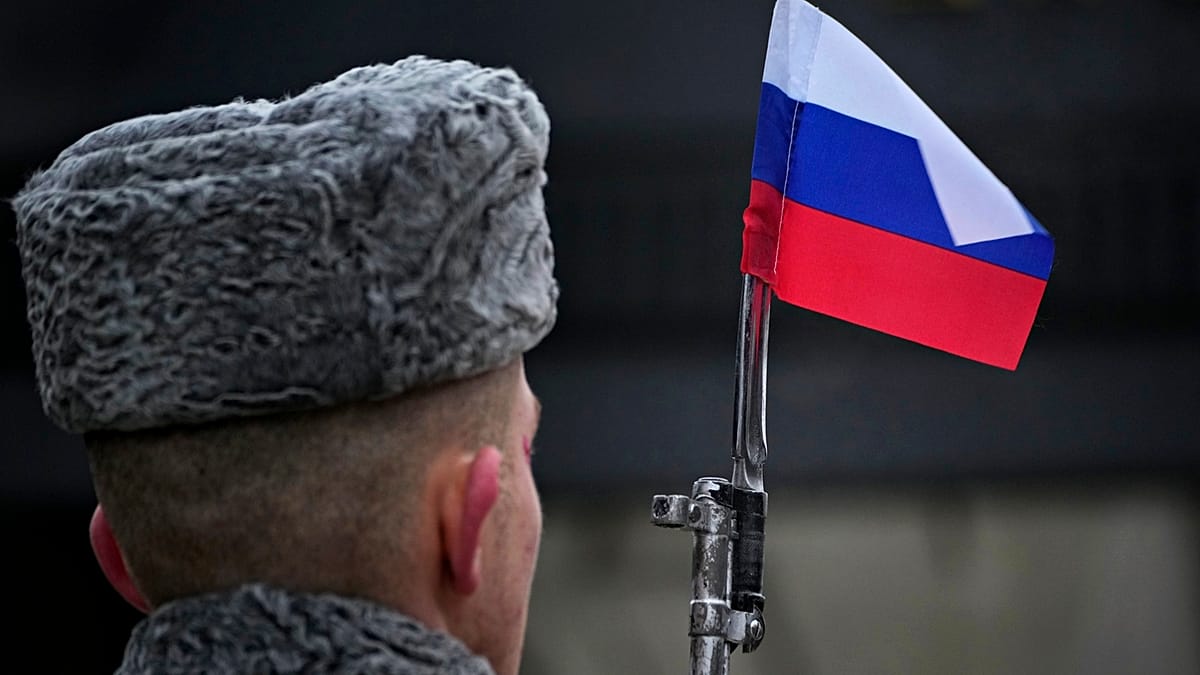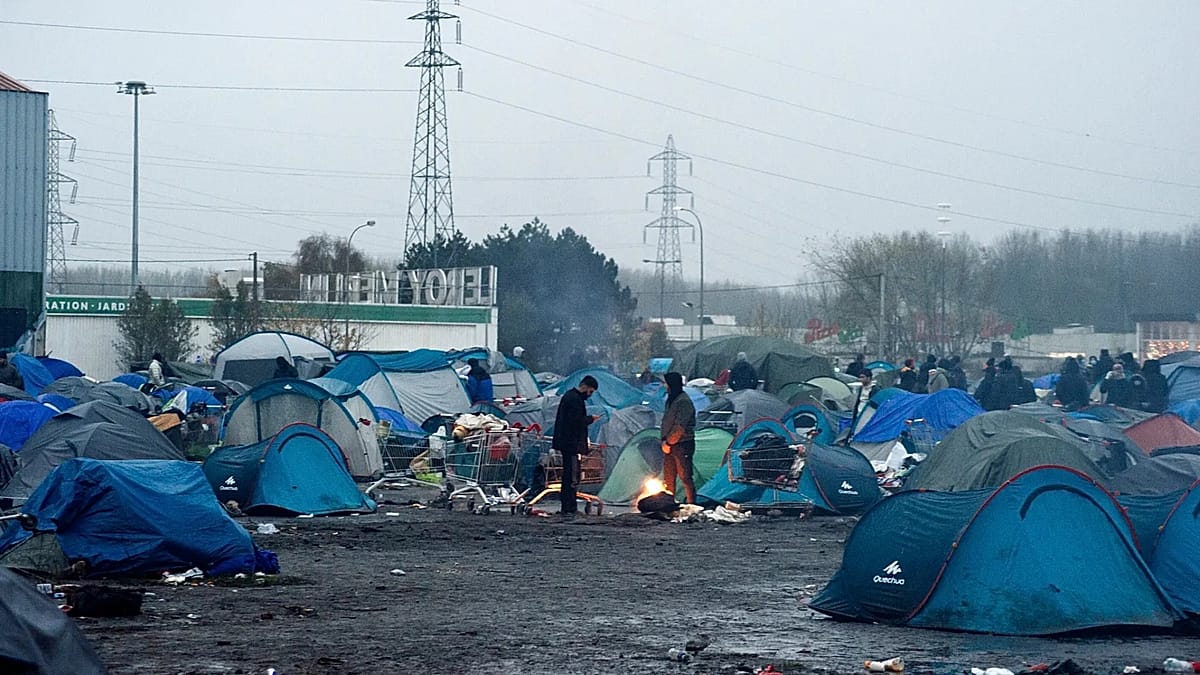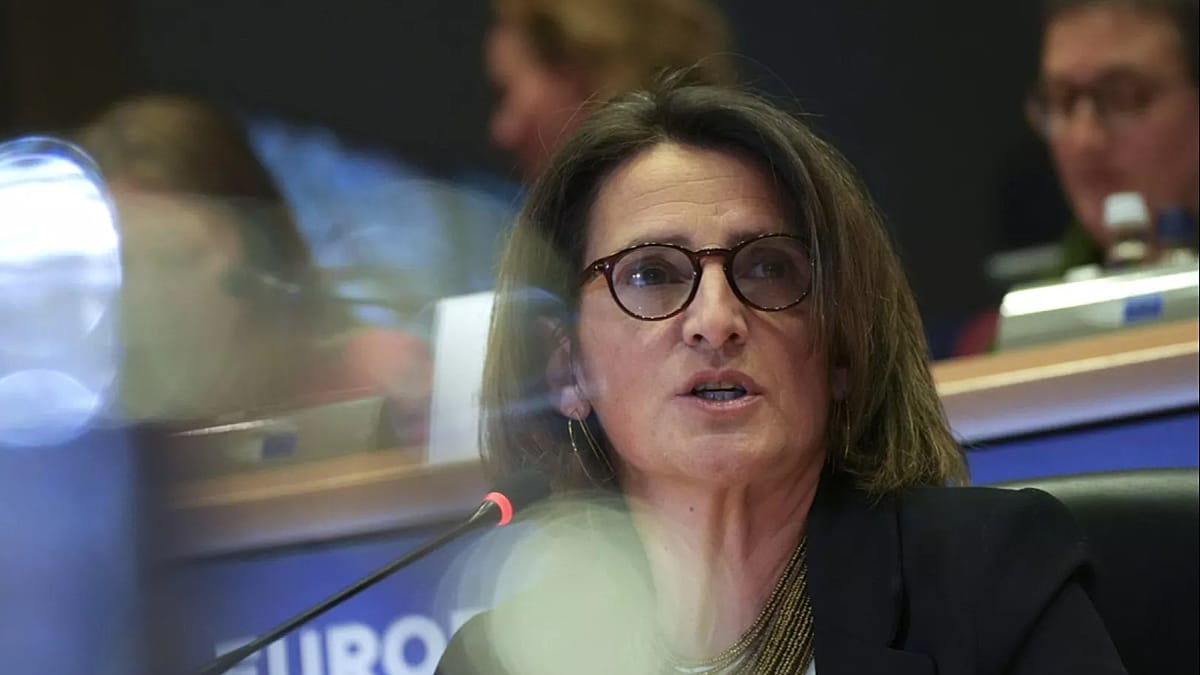
A tiny West Coast community in one of New Zealand’s most pristine environments is challenging the need to chlorinate its drinking water supply.
Haast resident Paul Elwell-Sutton says the remote township of about 80 people used to enjoy some of the purest water in the country, until the arrival of the new water regulator, Taumata Arowai.
The Westland District Council moved promptly to chlorinate small water supplies up and down the coast to make sure they met new drinking water safety standards.
“But our water testing records show we’ve always had pathogen-free water,” Elwell-Sutton said.
“It comes from bores 11 metres deep under the Haast River – we’re surrounded by pristine native forest, and it’s treated with UV – we never had a bad test.
“People used to stop here to fill up their bottles with our water, and now it stinks of chlorine.”
The community was never consulted over the decision to chlorinate, and locals and visitors immediately petitioned the council to reverse it, Elwell-Sutton said.
Under the Water Services Act, medium-sized water systems supplying between 101 and 500 consumers must be disinfected with UV light and chlorine.
But for a fee of about $6000, councils can apply to Taumata Arowai for an exemption from ‘residual disinfection’ (chlorination) if they can show compliance would be impracticable, inefficient, too costly or unduly burdensome.
The Westland council didn’t want to know, Elwell-Sutton said.
“They ignored the petition, and they’ve ignored all our emails about it since then – they’ve even threatened to block me for emailing them about it.
Westland mayor Helen Lash says many of those who signed the petition were visitors to Haast, and she is yet to be convinced there is a majority local support for ending chlorination.
“I’ve had this discussion with Sutton before – while the cost of an exemption isn’t prohibitive, it’s not cheap either and isn’t a cost that should be funded by the ratepayers, which it would be if council funded an application for an exemption.”
Taumata Arowai confirmed the council would have to apply for the exemption itself, come up with a water safety plan, and manage the risks.
In some cases – but not always – it could insist on water meters as a condition for ending chlorination.
“Water metering is something we consider when assessing…an application, to monitor and manage the risk of leaky pipe networks,” a spokesperson said.
Pipe networks that showed high water loss would also be more vulnerable to contamination, Taumata Arowai said.
But if a supply was new or had high integrity, installing water meters might not be necessary: it had already granted exemptions for a number of Department of Conservation huts.
“Applications are not assessed based on a one-size fits all approach, but rather on their own merits and the supply characteristics.”
Elwell-Sutton said that sounded hopeful for the 60 or so households in Haast, who would rather not have chlorine in their water but also don’t want the cost burden of water meters.
“The council built a new timber water reservoir a couple of years ago, replaced a number of pipes and flushed the whole system out, so it’s in pretty good shape.”
Lash said councils were between a rock and a hard place with water safety standards, and she intended to discuss the exemption request soon with the Haast people and with the Harihari community which was had also queried the need for chlorination.
“Councils must be compliant with the regulator’s water quality requirements, which we currently are. We can’t afford to breach the rules that bind us.”
What is Taumata Arowai?
Taumata Arowai – aka the Water Services Authority – is a Crown entity set up in 2021, after the 2016 Havelock North drinking water disaster. Thousands of people fell ill, and three died, when the town’s water supply bores were contaminated by sheep faeces.
The authority regulates drinking water, public wastewater and stormwater networks.
As of July, it is charging district councils $20 million a year for its services, based on population.
On the West Coast, councils have been levied as follows: Westland: $36,825. Grey: $58,098. Buller $43,217.
By Lois Williams for Local Democracy Reporting
– LDR is local body journalism, co-funded by RNZ and NZ on Air.














